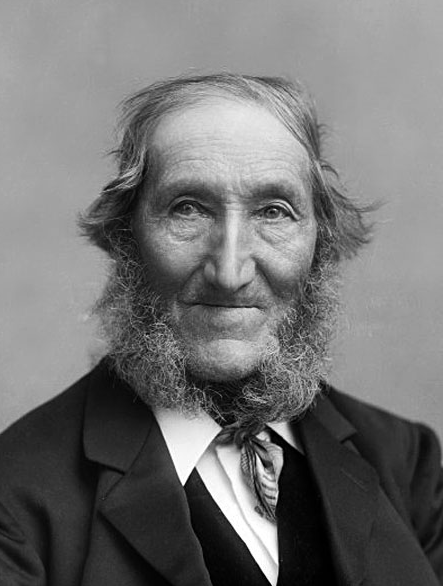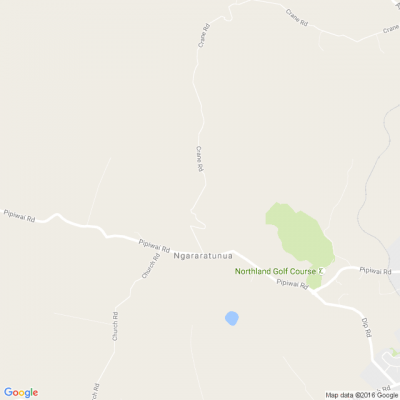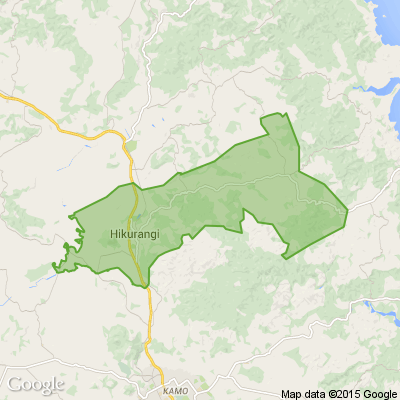Northland Writers In Flash Fiction Finals
Northlanders have achieved highly in this year’s National Flash Fiction Day competition, which celebrates one of the shortest forms of creative writing.
13 year old Jana Heise, who was raised in Whangarei, won the NFFD Youth Award on June 22. Her story was then performed, with those of other Northland and national finalists, at a workshop and open mic event on June 24 in Kawakawa put on by Bay of Islands resident Kathy Derrick, who is a National Flash Fiction Day Committee city chair.
Former Whangarei writer Lola Elvy was in the youth top ten shortlist and Michael Botur was longlisted three times. Lola’s mother Michelle Elvy, who lived in Opua and Whangarei from 2008 to 2014, contributes much to flash fiction, as one of the editors of the Bonsai anthology, which will be published in August by Canterbury University Press. That collection includes at least six Northland flash fiction writers.
Flash fiction is a form of storytelling with a strict 300 word limit. National Flash Fiction Day is celebrated each year on the shortest day. This year’s competition attracted around 500 entries.
Northland has just three percent of the country’s population but achieves disproportionately well at flash fiction. Flash fiction took off nationwide after Ms Elvy and friends published the first edition of Flash Frontier magazine in 2012. Highest-placed Northland writer and top ten NFFD finalist Vivian Thonger of Kerikeri said when she arrived four years ago, the region was “a flash-fiction writing hotspot where people at all levels of experience could learn and hone their short-form writing skills.”
Thonger said flash fiction can be addictive. “It doesn’t take long to write a piece, yet it’s a delicate game trying to fit meaning and tension into 300 words or fewer. It’s a kick getting published, and it feels less painful when you’re rejected; you bounce back and try again quickly, or have several pieces on the go at once.”
“Many of us have a collection of vignettes, of unforgettable moments, stuck in our heads; flash is a way to bring those snippets to life as a feeling evoked, or a brief encounter leaping off the page, real or imagined, like a frisson of truth or recognition passing between you and the reader.”
Other organisers of the Kawakawa event included Whangarei author Martin Porter, a National Flash Fiction Competition Committee member. Kathy Derrick is also judging the Whangarei Libraries Flash Fiction competition 2018, which is having its prizegiving on June 27.
More at: writeupnorth.co.nz...
Vivian Thonger’s Bay of Islands Writers Group is looking for more members. Contact vthonger@gmail.com to join.
What workplace change would you like to see most?
This coming Monday is Labour Day in New Zealand. This public holiday marks when the eight-hour workday and 48-hour workweek became law in 1899. The idea started with Samuel Parnell, a carpenter in Wellington, who in 1840 refused to work more than eight hours a day. Since skilled workers were in short supply, his employer had to agree.
As more skilled workers arrived, employers tried to change working conditions, but Parnell and others kept pushing for better rights. In 1890, Parnell led a Labour Day parade of 1,500 people to promote the eight-hour day. He passed away shortly after, and nine years later, Labour Day became an official public holiday.
Do you feel that we have reached the ideal in working environments yet? What rights are you passionate about relating to employment? Share your thoughts!

Your Daily Brain Workout: Ready to Riddle?
What is 3/7 chicken, 2/3 cat, and 1/2 goat?
Do you think you know the answer to our daily riddle? Don't spoil it for your neighbours! Simply 'Like' this post and we'll post the answer in the comments below at 2pm.
Want to stop seeing riddles in your newsfeed?
Head here and hover on the Following button on the top right of the page (and it will show Unfollow) and then click it. If it is giving you the option to Follow, then you've successfully unfollowed the Riddles page.

Six tips for improving security around your home
1) Improve outdoor lighting
Ensure that streets, driveways, and front yards are well-lit. Motion-sensor lights around homes deter trespassers by reducing hiding spots and illuminating their movements.
2) Trim your trees
Overgrown shrubs and trees provide cover for intruders. Keeping them well-trimmed around windows and doors improves visibility and reduces potential hiding spots.
3) Secure Entry Points
Ensure doors, windows, and gates are always closed when you are away from the house. Upgrade to more secure locks, deadbolts, or even smart locks for added protection.
4) Add a security camera
Place security cameras in the main entry points to your home. Doorbell cameras are also relatively cheap and a great way to keep track of who is visiting your home when you aren't there.
5) Start a Neighborhood Watch Program
You could reach out to members on Neighbourly to form a group of neighbors who can regularly keep an eye out for suspicious activity and report it. You could also check with Neighbourhood Support to see what is existing in your area.
6) Introduce yourself to your neighbours
The closer you are to your neighbors, the more likely they’ll notice when something unusual or suspicious is happening around your property
Feel free to share anything that you do around your area to deter crime.










 Loading…
Loading…














